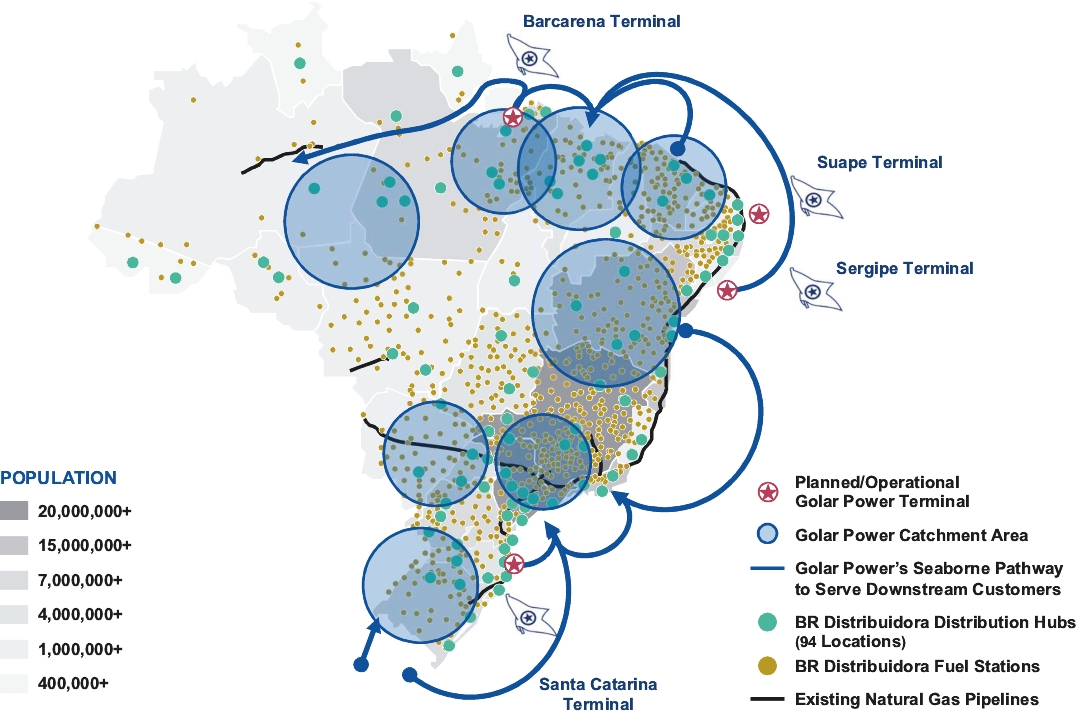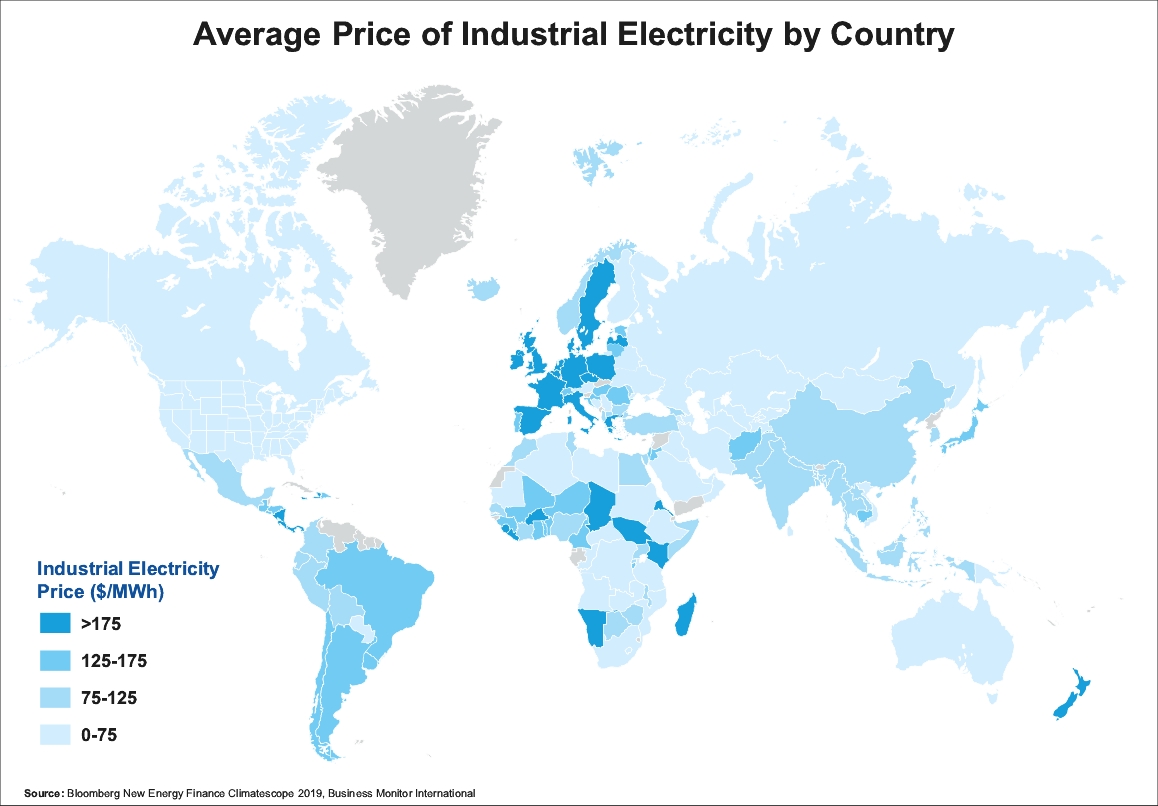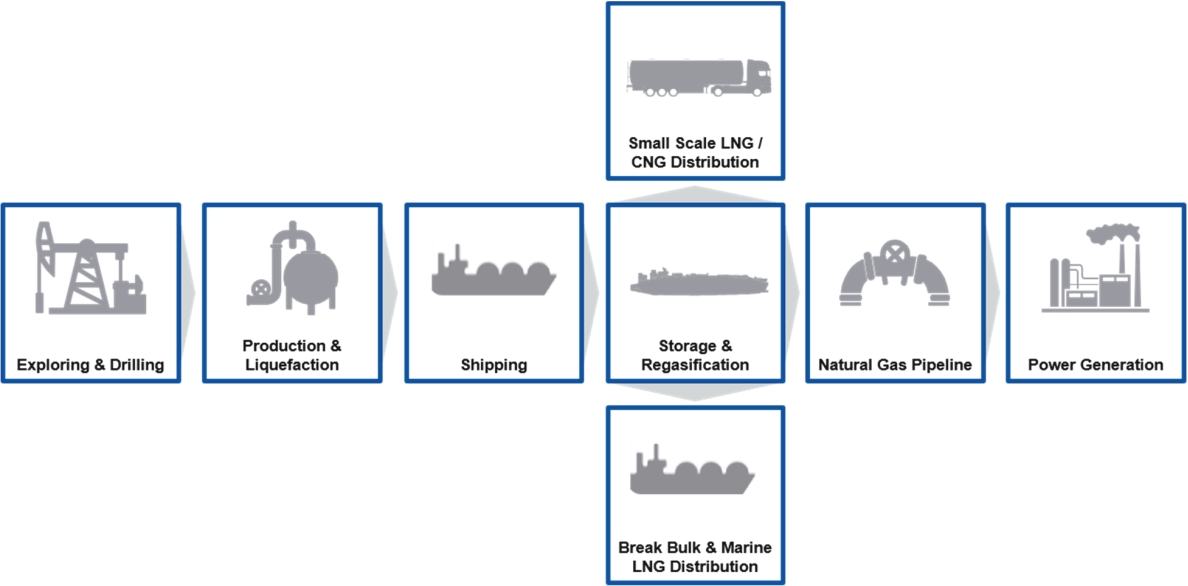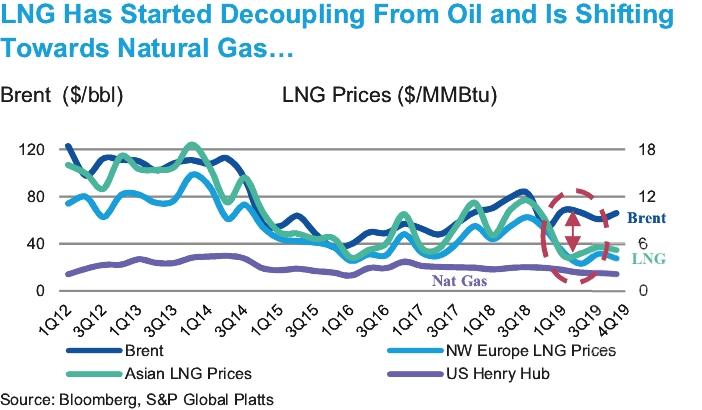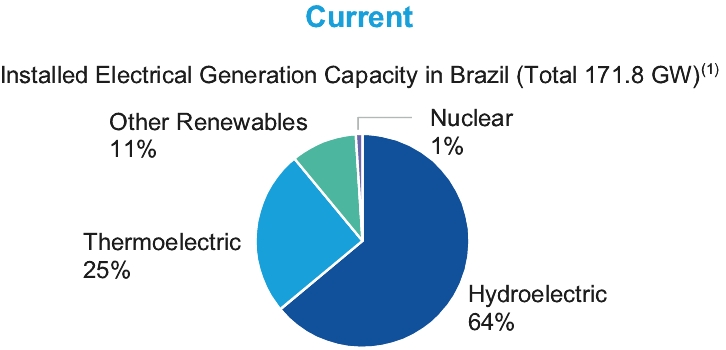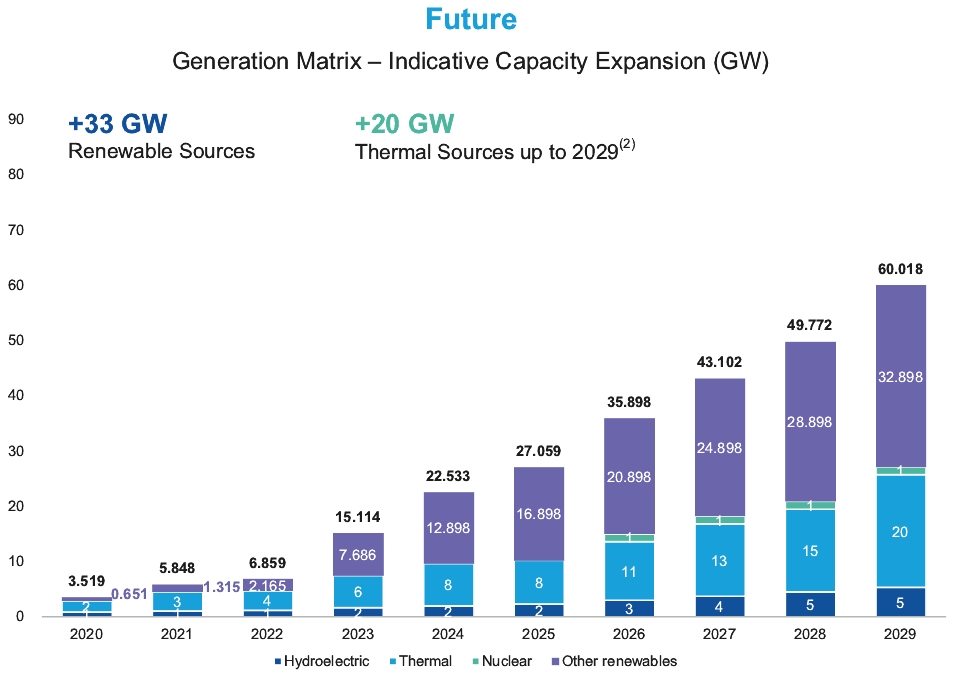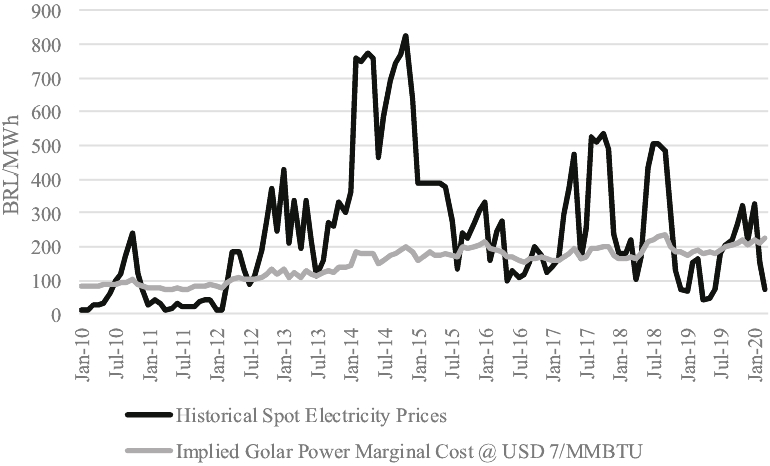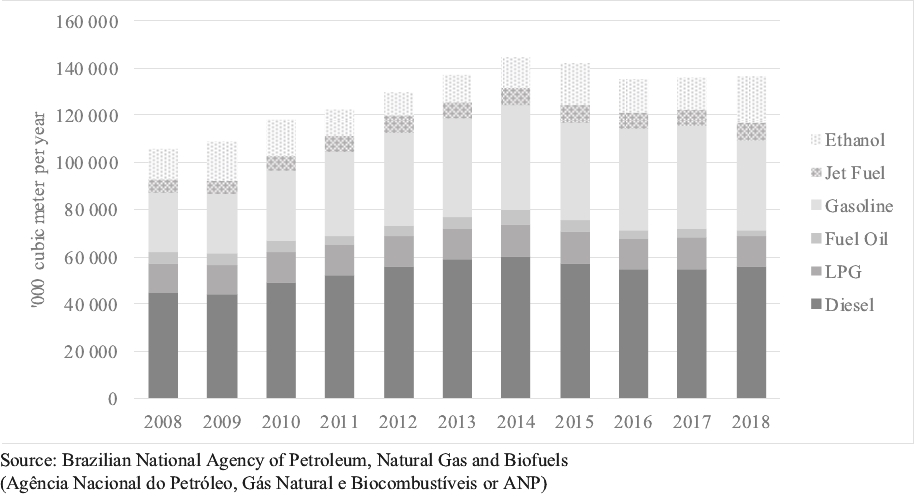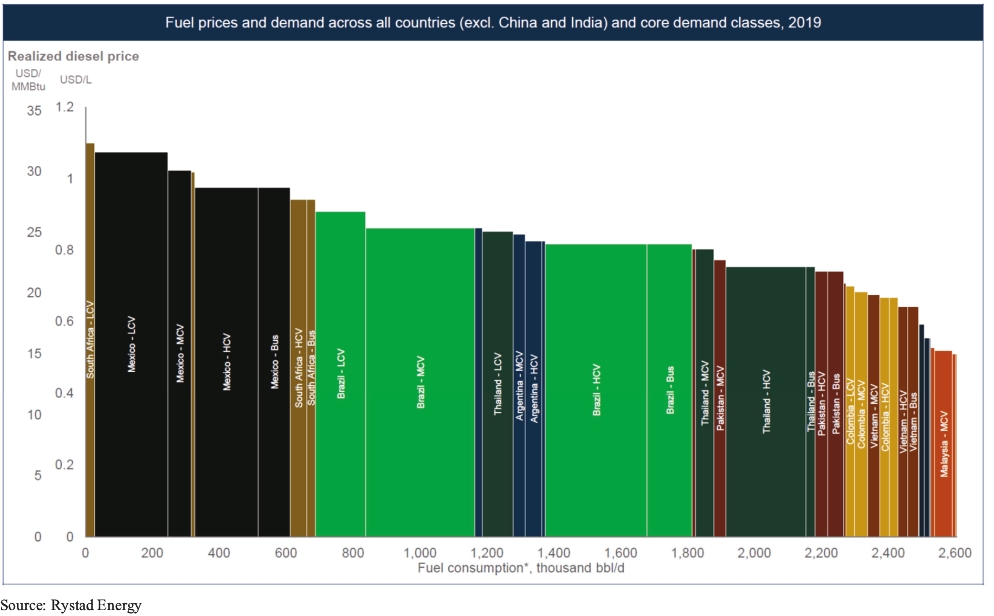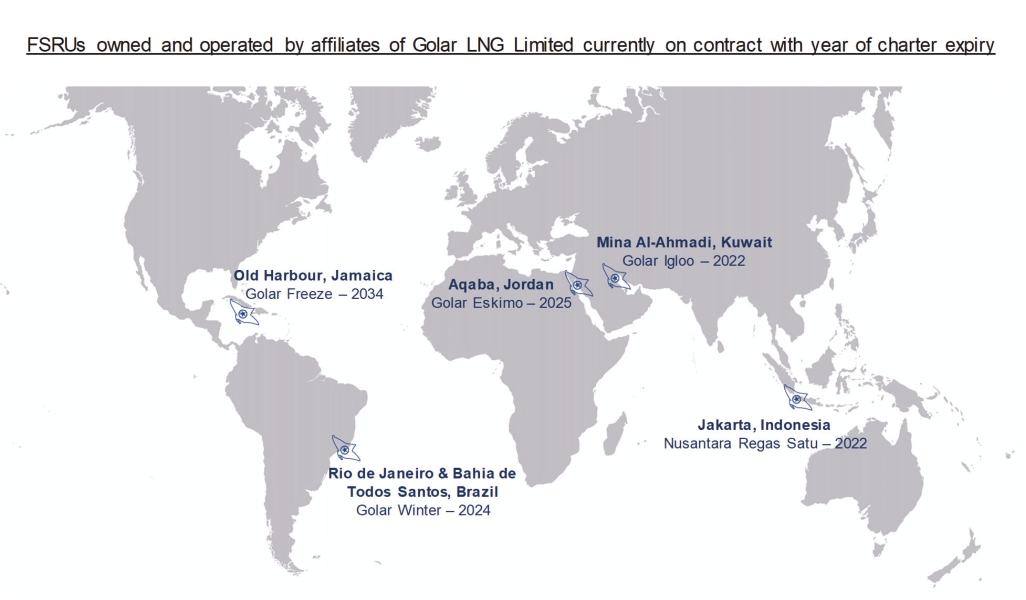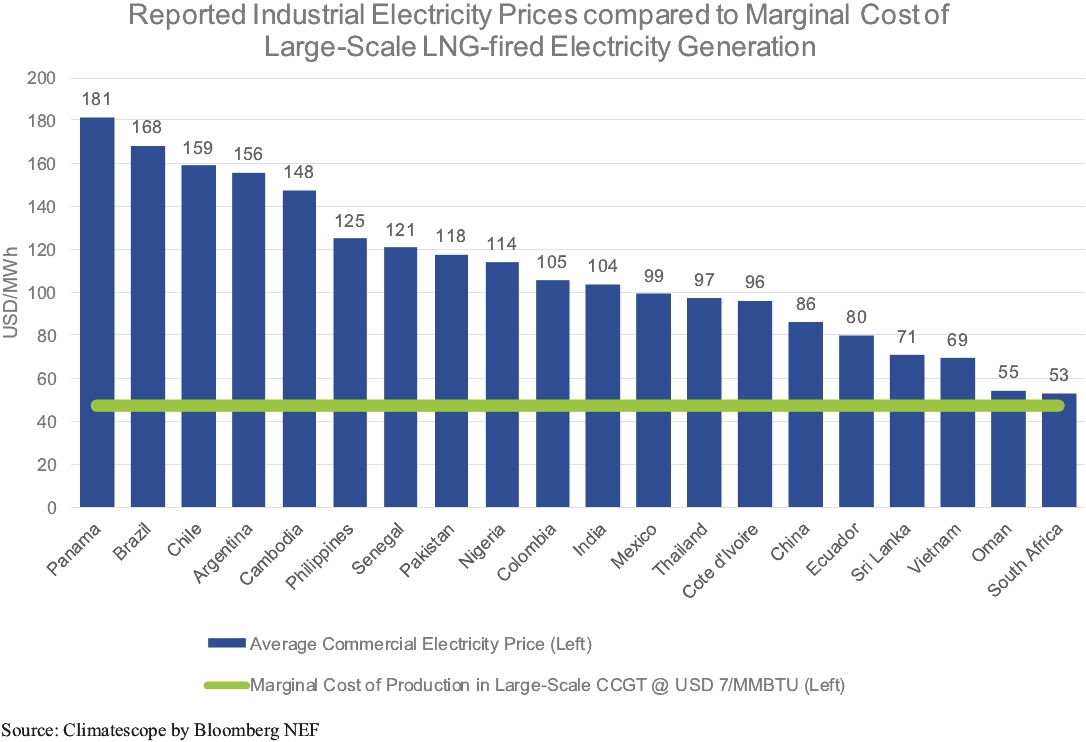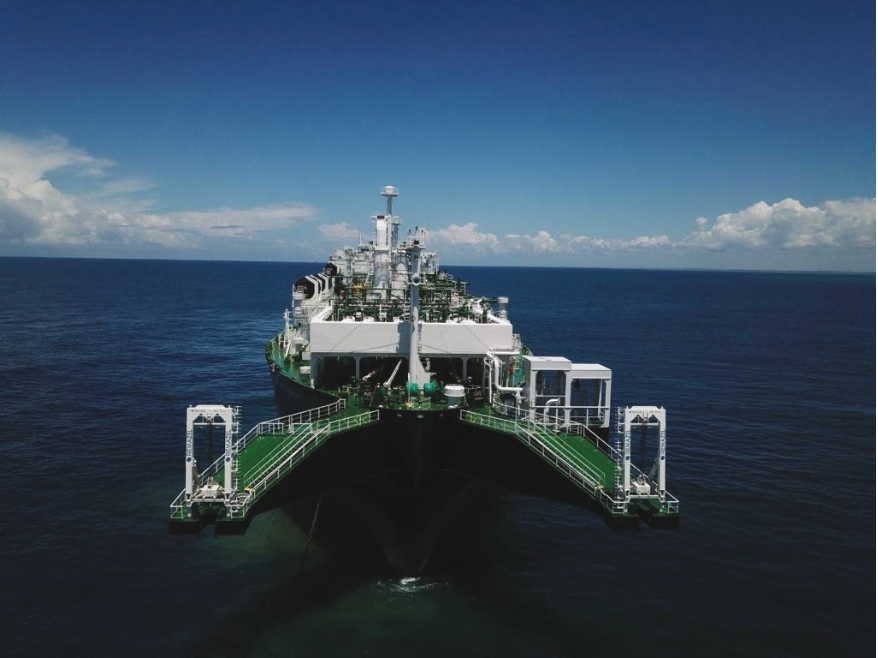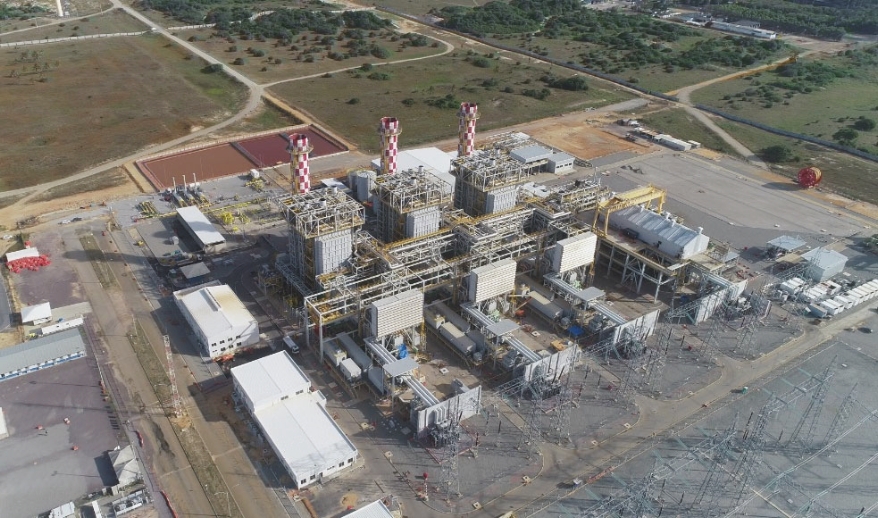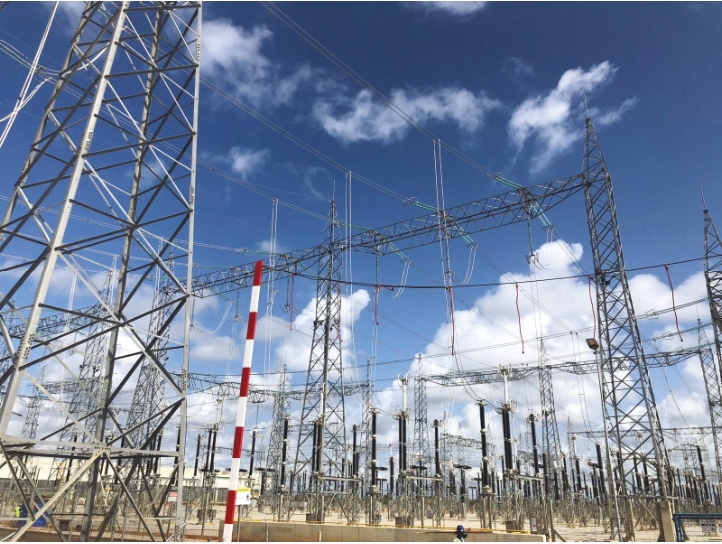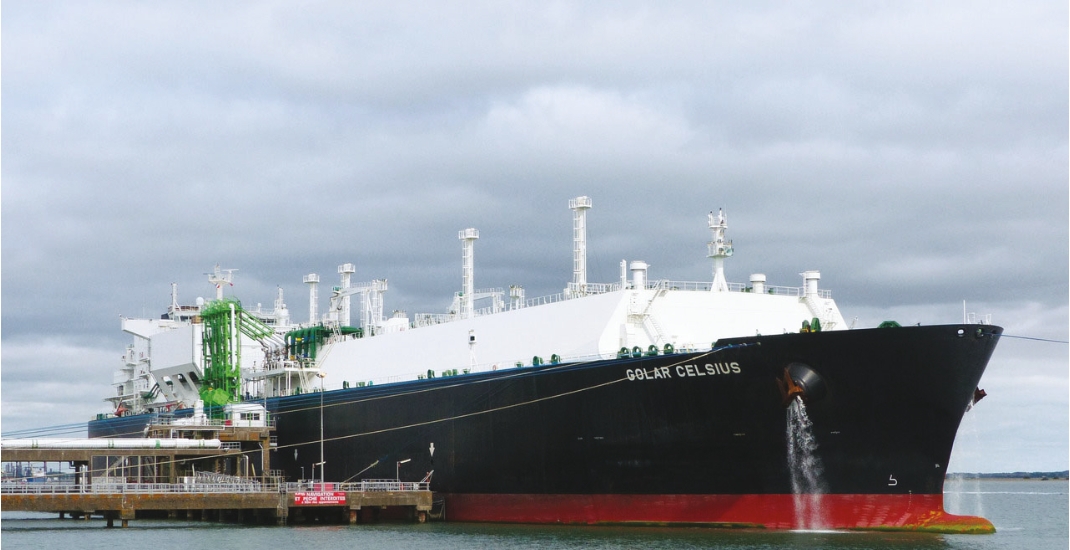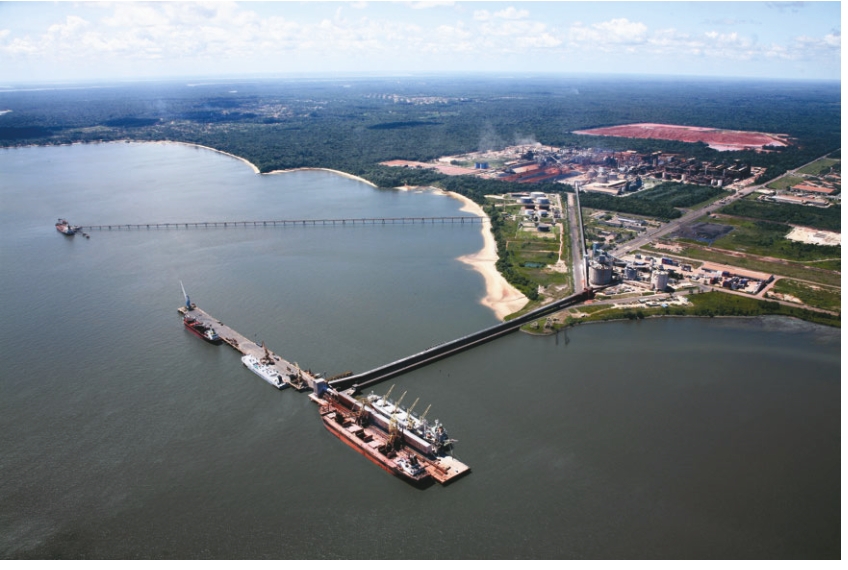A materialization of any of these risks could adversely affect our ability to achieve growth in the level of our cash flows or realize benefits from future projects, which could have a material adverse effect on our business, financial condition and results of operations.
Natural or manmade disasters could result in an interruption of our operations, a delay in the completion of our infrastructure projects, higher construction costs or the deferral of the dates on which payments are due under our customer contracts, all of which could adversely affect us.
Storms and related storm activity and collateral effects, or other disasters such as explosions, fires, seismic events, floods or accidents, could result in damage to, or interruption of operations in our supply chain, including at our facilities or related infrastructure, as well as delays or cost increases in the construction and the development of our proposed facilities or other infrastructure. Changes in the global climate may have significant physical effects, such as increased frequency and severity of storms, floods and rising sea levels; if any such effects were to occur, they could have an adverse effect on our marine and coastal operations.
If one or more tankers, terminals, pipelines, facilities, equipment or electronic systems that we own, lease or operate or that deliver products to us or that supply our facilities and customers’ facilities are damaged by severe weather or any other disaster, accident, catastrophe, terrorist or cyber-attack or event, our operations and construction projects could be delayed and significantly interrupted. These delays and interruptions could involve significant damage to people, property or the environment, and repairs could take a week or less for a minor incident to six months or more for a major interruption. Any such event that interrupts the revenues generated by our operations, or that causes us to make significant expenditures not covered by insurance, could have a material adverse effect on our business, contracts, financial condition, operating results, cash flow, liquidity and prospects.
Our insurance may be insufficient to cover losses that may occur to our property or result from our operations.
Our current operations and future projects are subject to the inherent risks associated with LNG, natural gas and power operations, including explosions, pollution, release of toxic substances, fires, seismic events, hurricanes and other adverse weather conditions, and other hazards, each of which could result in significant delays in commencement or interruptions of operations and/or result in damage to or destruction of the our facilities and assets or damage to persons and property. In addition, such operations and the vessels of third parties on which our current operations and future projects may be dependent face possible risks associated with acts of aggression or terrorism. If our vessels suffer damage, they may need to be repaired. The costs of vessel repairs are unpredictable and can be substantial. We may have to pay repair costs that our insurance policies do not cover.
We do not, nor do we intend to, maintain insurance against all of these risks and losses. In particular, we do not carry business interruption insurance for hurricanes and other natural disasters. Therefore, the occurrence of one or more significant events not fully insured or indemnified against could create significant liabilities and losses which could have a material adverse effect on our business, contracts, financial condition, operating results, cash flow, liquidity and prospects.
Although we carry insurance, all risks may not be adequately insured against, and any particular claim may not be paid. Any claims covered by insurance would be subject to deductibles, and since it is possible that a large number of claims may be brought, the aggregate amount of these deductibles could be material. In addition, we may be unable to procure adequate insurance coverage at commercially reasonable rates in the future. For example, environmental regulations have led in the past to increased costs for, and in the future may result in the lack of availability of, insurance against risks of environmental damage or pollution. A catastrophic release of natural gas, marine disaster or natural disasters could result in losses that exceed our insurance coverage, which could harm our business, financial condition and operating results. Our insurance may be voidable by the insurers as a result of certain of our actions and any uninsured or underinsured loss could harm our business and financial condition.
Changes in the insurance markets attributable to terrorist attacks or political change may also make certain types of insurance more difficult for us to obtain. In addition, the insurance that may be available may be significantly more expensive than our existing coverage.
